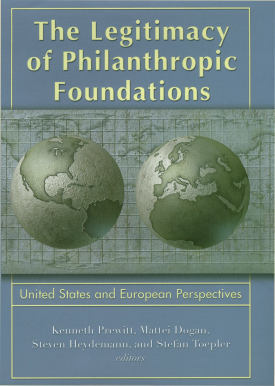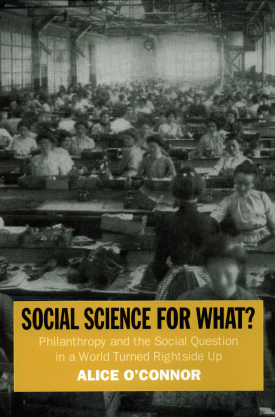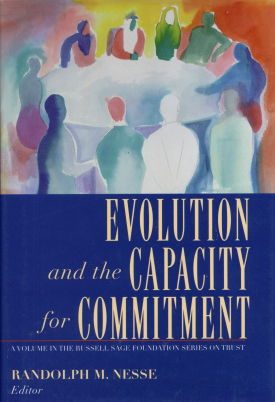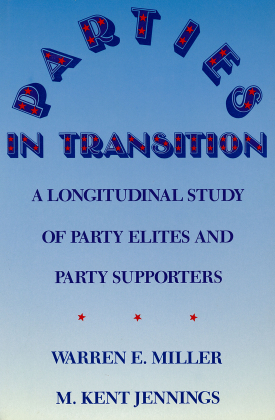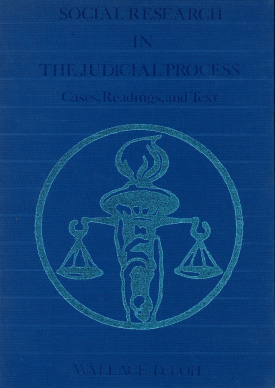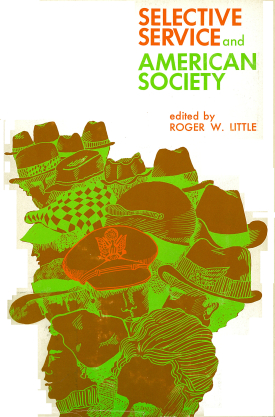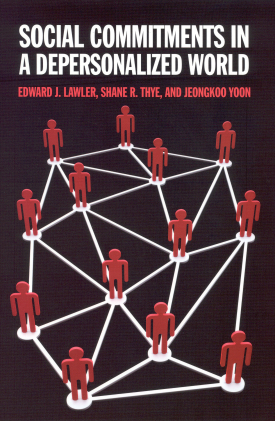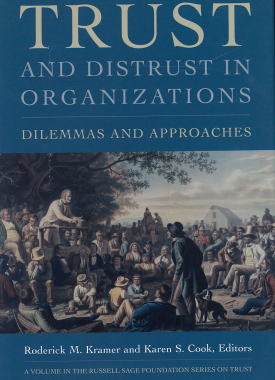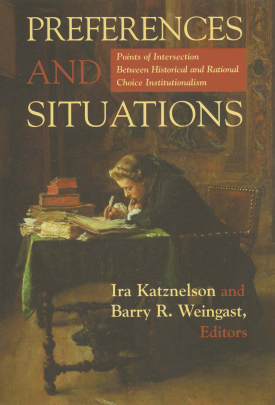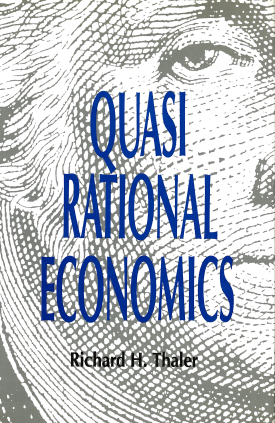
Quasi Rational Economics
About This Book
Standard economic theory is built on the assumption that human beings act rationally in their own self interest. But if rationality is such a reliable factor, why do economic models so often fail to predict market behavior accurately? According to Richard Thaler, the shortcomings of the standard approach arise from its failure to take into account systematic mental biases that color all human judgements and decisions. Economics assumes behavior is consistently rational, when it is, in fact, only partially, or quasi-rational.
The papers collected in Quasi-Rational Economics represent a significant sampling of this innovative approach, written by a leader in the field along with co-authors Thomas Russell, H. M. Shefrin, Daniel Kahneman, Jack Knetsch, Werner De Bondt, Eric Johnson, Charles Lee, and Andrei Shleifer. Thaler and his colleagues challenge established economic theories in such areas as consumer choice and financial markets, offering empirical evidence and alternate models based on behavioral research about how economic decisions are actually made.
Quasi-Rational Economics deals with a number of intriguing questions. Why do people have trouble ignoring sunk costs and recognizing opportunity costs? How do people’s preferences for already endowed possessions suppress trading volume and keep markets from clearing? What are the effects on market behavior of consumer attitudes about fairness? How do people’s mental accounting procedures lead them to behave in economically inconsistent ways? Why do investors’ tendencies to overreact to past trends cause losing firms to outperform winners in the stock market?
In offering answers to these questions, Quasi-Rational Economics provides an essential introduction to a new field. It mounts a trenchant critique of current practice in economics and calls for richer, more realistic approaches to formulating and testing economic theory. More than just a call for reform, this book provides numerous illustrations of how the call can be answered.
"Richard Thaler's book offers great evidence for the importance of quasi rational behavior in economic settings, thus stimulating the reader. Its broad coverage makes an interesting introduction to a new field, as well as informing about further applications and methods." —Kyklos
RICHARD H. THALER is Henrietta Johnson Louis Professor of Economics and director of the Center for Behavioral Economics and Decision Research, Johnson Graduate School of Management, Cornell University. He is research associate at the National Bureau of Economic Research.

